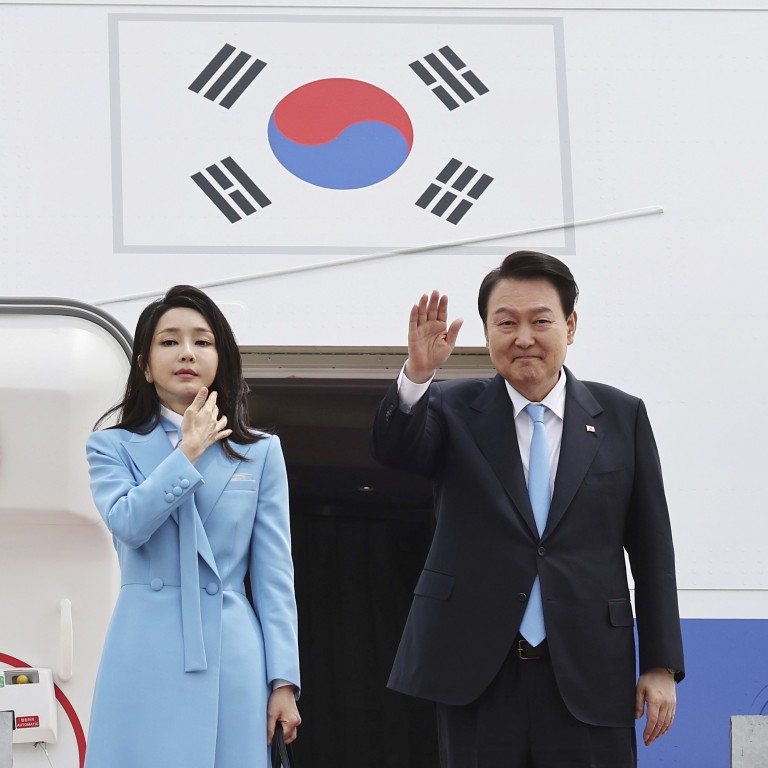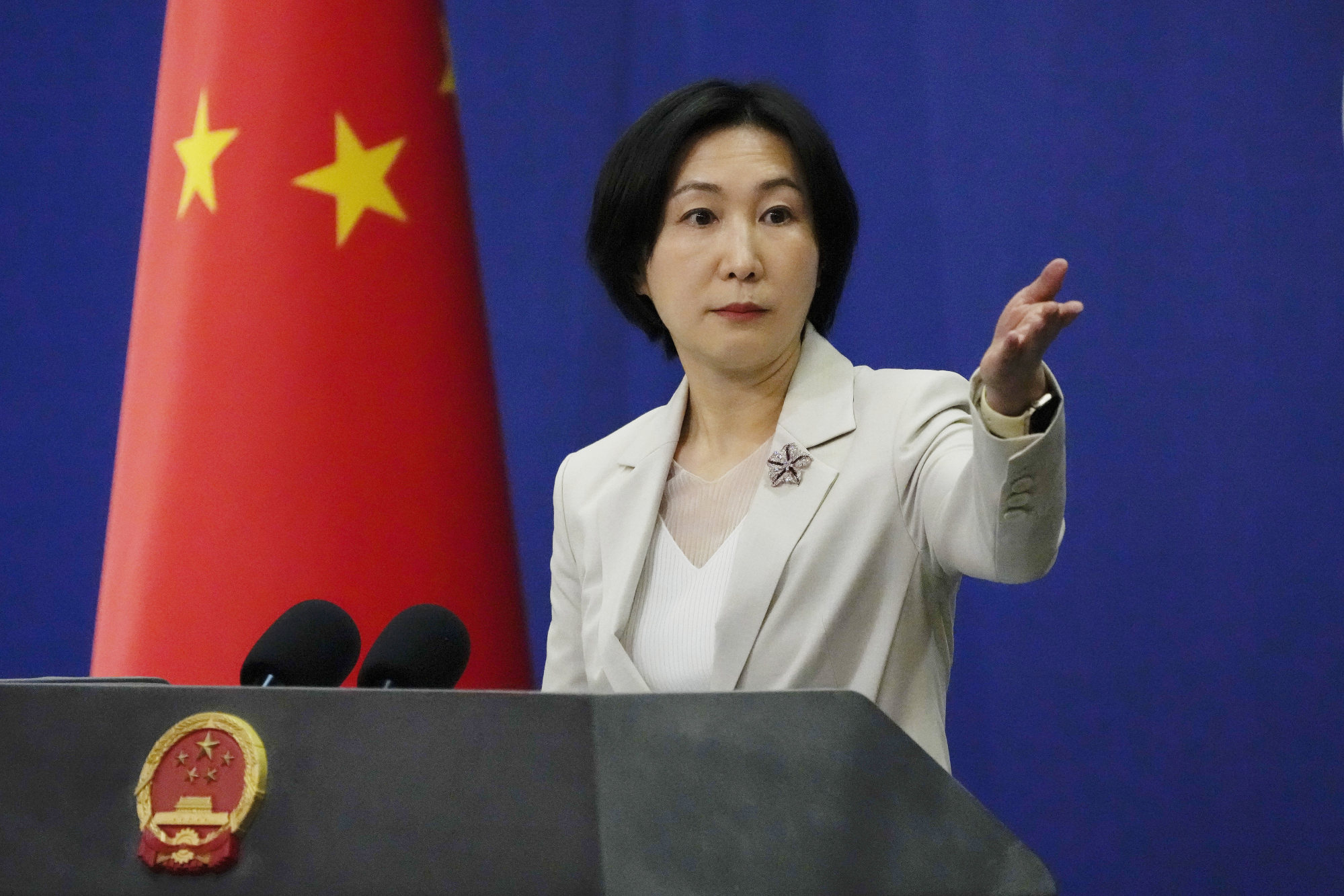
US-South Korea summit: Taiwan, semiconductors on agenda between Joe Biden and Yoon Suk-yeol
- ‘Very robust discussion’ on fraught topics expected for second state visit hosted by Biden administration and first involving an Indo-Pacific leader
- Washington seeks ‘a more secure global telecommunications ecosystem and a more resilient supply chain for semiconductors’, says spokesman
Semiconductor supplies and Taiwan Strait tensions will feature on the agenda of the US-South Korea summit this week, the White House said, amid rising apprehensions on the two fronts between Beijing and Washington.
The two allies were expected to have a “very robust discussion” on the chips sector over the course of the week, National Security Council spokesman John Kirby told a press conference on Monday.
The new guidelines classify a list of semiconductors as critical to national security and prohibit funding recipients from adding new production lines or expanding an existing legacy facility’s production capacity beyond 10 per cent.
As a result, analysts have argued that some of the world’s leading chip makers, including Samsung, will be hamstrung in expanding their facilities in China.
US-China ties set for further ‘turbulence’, former Chinese envoy warns
Last month Yoon during a meeting with US Trade Representative Katherine Tai asked Washington to address the South Korean chip makers’ concerns over the Chips Act citing the major concessions asked of them, such as submitting data on their cash flows and profitability in exchange for receiving subsidies.
South Korea is a powerhouse in the global semiconductor industry, with major companies like Samsung and SK Hynix positioning the nation as a crucial player in both the memory and processing chip markets.

Biden would make clear during the summit with Yoon that “there’s no reason for these tensions to devolve in any kind of conflict”, he added.
“President Yoon can expect that President Biden’s approach to cross-strait tensions will be very, very consistent,” Kirby said.
Kirby made the comments when asked about Yoon’s recent remarks on Taiwan before his US trip.
South Korea hits back at China’s ‘rude’ retort in war of words over Taiwan
Biden and Yoon are expected on Wednesday to reveal major deliverables on extended deterrence against North Korea as Pyongyang continues to develop its nuclear and missile capabilities, according to the White House.

